Intro
Discover if you have Autism Spectrum Disorder (ASD) with our informative guide, exploring ASD symptoms, diagnosis, and related conditions like Aspergers, autism signs, and neurodiverse traits.
Autism Spectrum Disorder (ASD) is a complex and multifaceted condition that affects individuals in different ways. It is characterized by difficulties in social interaction, verbal and nonverbal communication, and repetitive behaviors. If you are wondering whether you might have ASD, it's essential to understand the signs, symptoms, and diagnostic process.
ASD is often misunderstood, and many people believe that it only affects children. However, ASD is a lifelong condition that can affect individuals of all ages. Some people may not receive a diagnosis until adulthood, while others may have been misdiagnosed or undiagnosed altogether. Recognizing the signs and symptoms of ASD is crucial for seeking proper diagnosis and support.
The diagnostic process for ASD typically involves a comprehensive evaluation by a multidisciplinary team of professionals, including psychologists, psychiatrists, and speech therapists. They will assess various aspects of an individual's behavior, communication, and social interaction to determine whether they meet the diagnostic criteria for ASD. This evaluation may include interviews, observations, and standardized assessments.
Understanding Autism Spectrum Disorder
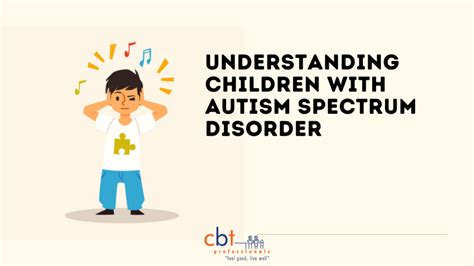
ASD is a spectrum disorder, meaning that it affects individuals to varying degrees. Some people with ASD may require significant support and accommodations, while others may need less support and be able to live independently. The severity of ASD symptoms can also change over time, and some individuals may experience improvements or declines in their symptoms as they age.
Common Signs and Symptoms of ASD
Some common signs and symptoms of ASD include: * Difficulty with social interactions, such as initiating or maintaining conversations * Challenges with verbal and nonverbal communication, such as understanding tone of voice or facial expressions * Repetitive behaviors, such as hand flapping or body rocking * Sensory sensitivities or difficulties with sensory integration * Difficulty with changes in routine or transitions * Strong interests in specific topics or activitiesDiagnosing ASD in Adults
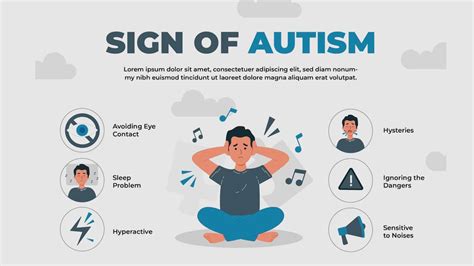
Diagnosing ASD in adults can be more challenging than in children, as some symptoms may have been masked or compensated for over time. However, receiving a diagnosis as an adult can be a liberating experience, allowing individuals to better understand themselves and access support and accommodations.
The diagnostic process for adults typically involves a comprehensive evaluation, including:
- Clinical interviews to assess symptoms and behaviors
- Psychological assessments, such as cognitive and personality tests
- Observations of behavior and social interactions
- Review of medical and mental health history
Benefits of Receiving an ASD Diagnosis
Receiving an ASD diagnosis can have numerous benefits, including: * Improved self-awareness and understanding of one's strengths and challenges * Access to support and accommodations, such as therapy, counseling, and workplace modifications * Connection with others who share similar experiences and challenges * Eligibility for benefits and services, such as disability support and healthcare coverageASD and Co-Occurring Conditions
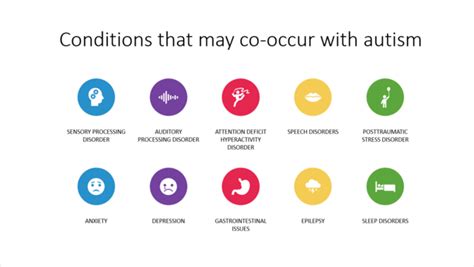
Individuals with ASD are at a higher risk of developing co-occurring mental health conditions, such as anxiety, depression, and attention deficit hyperactivity disorder (ADHD). It's essential to address these conditions simultaneously, as they can significantly impact an individual's quality of life and overall well-being.
Common co-occurring conditions in individuals with ASD include:
- Anxiety disorders, such as social anxiety or generalized anxiety
- Mood disorders, such as depression or bipolar disorder
- ADHD and other neurodevelopmental disorders
- Sleep disorders and other physical health conditions
Managing Co-Occurring Conditions
Managing co-occurring conditions in individuals with ASD requires a comprehensive and multidisciplinary approach. This may include: * Medications to manage symptoms of co-occurring conditions * Therapy and counseling to address underlying issues and develop coping strategies * Lifestyle modifications, such as regular exercise, healthy eating, and stress management * Support from family, friends, and support groupsSupport and Accommodations for Individuals with ASD
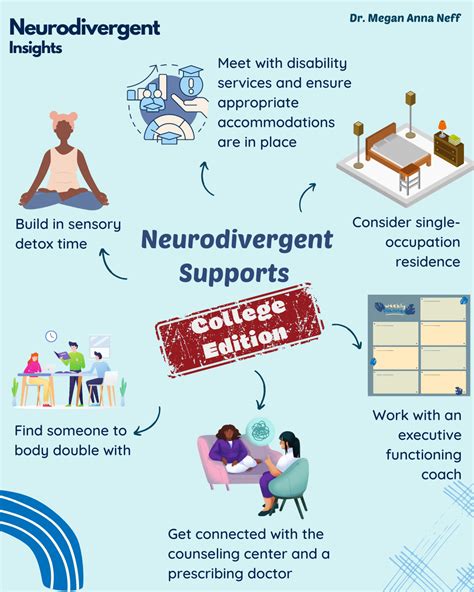
Individuals with ASD may require various support and accommodations to navigate daily life, including:
- Workplace modifications, such as flexible scheduling or sensory-friendly environments
- Educational support, such as individualized education plans (IEPs) or accommodations in higher education
- Social support, such as therapy, counseling, or support groups
- Assistive technology, such as text-to-speech software or communication devices
Creating a Supportive Environment
Creating a supportive environment for individuals with ASD involves: * Educating oneself and others about ASD and its effects * Providing a structured and predictable environment * Encouraging social interaction and communication * Offering choices and allowing individuals to take controlSelf-Advocacy and Empowerment
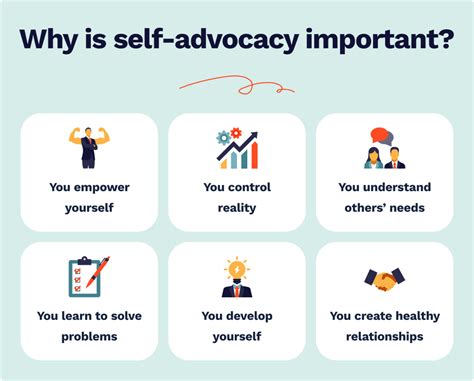
Self-advocacy and empowerment are essential for individuals with ASD, allowing them to take control of their lives and make informed decisions. This involves:
- Developing self-awareness and understanding of one's strengths and challenges
- Learning to communicate effectively and assertively
- Building a support network of family, friends, and peers
- Accessing resources and services, such as therapy, counseling, and support groups
Building a Support Network
Building a support network involves: * Connecting with others who share similar experiences and challenges * Joining support groups or online communities * Participating in social activities and events * Developing relationships with supportive family and friendsConclusion and Next Steps

If you suspect that you or a loved one may have ASD, it's essential to seek a comprehensive evaluation from a qualified professional. Receiving a diagnosis can be a liberating experience, allowing individuals to better understand themselves and access support and accommodations.
We encourage you to share your thoughts and experiences in the comments below. Have you or a loved one received an ASD diagnosis? What support and accommodations have you found most helpful? Let's work together to create a more inclusive and supportive environment for individuals with ASD.
What are the common signs and symptoms of ASD?
+Common signs and symptoms of ASD include difficulty with social interactions, challenges with verbal and nonverbal communication, repetitive behaviors, sensory sensitivities, and difficulty with changes in routine or transitions.
How is ASD diagnosed in adults?
+Diagnosing ASD in adults typically involves a comprehensive evaluation, including clinical interviews, psychological assessments, observations of behavior and social interactions, and review of medical and mental health history.
What support and accommodations are available for individuals with ASD?
+Individuals with ASD may require various support and accommodations, including workplace modifications, educational support, social support, and assistive technology.
How can I build a support network as an individual with ASD?
+Building a support network involves connecting with others who share similar experiences and challenges, joining support groups or online communities, participating in social activities and events, and developing relationships with supportive family and friends.
What are the benefits of receiving an ASD diagnosis?
+Receiving an ASD diagnosis can have numerous benefits, including improved self-awareness and understanding of one's strengths and challenges, access to support and accommodations, connection with others who share similar experiences and challenges, and eligibility for benefits and services.
